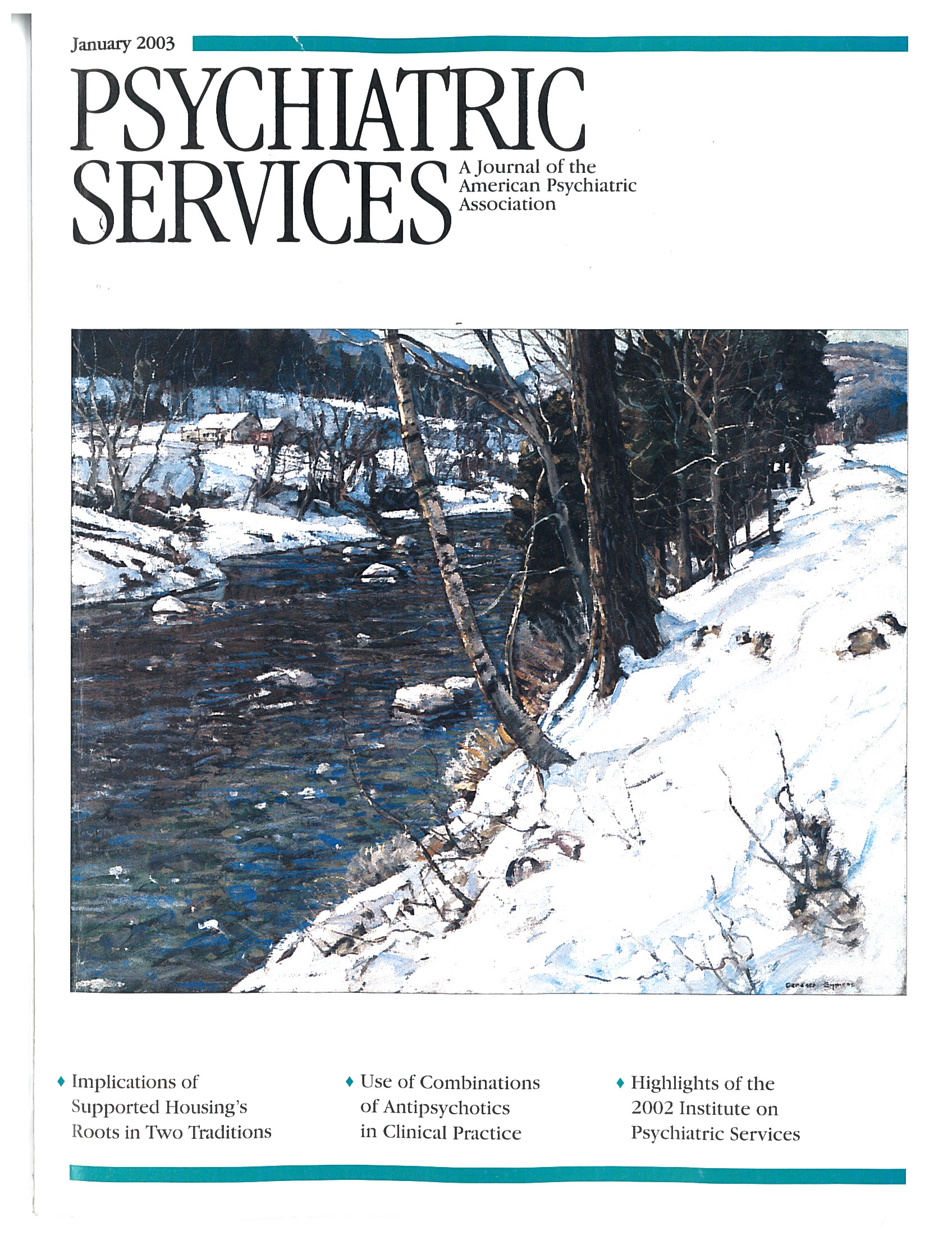The WHO Draft Manual on Mental Health Legislation
In Reply: I want to assure readers that the WHO draft manual on mental health legislation that I criticized is not a scientific document. Nor does it have any basis in the recent WHO reports that draw attention to unmet mental health needs around the world. The proposed laws in the WHO manual would in fact contravene provisions of the current Mental Health Law of Israel, and, if applied to geriatric psychiatry, would raise havoc.
Unfortunately, neither Dr. Levav nor Dr. de Mendonca Lima seem to have studied WHO's ill-considered venture into formulating mental health laws for all the nations of the world. Since neither of them has anything substantive or specific to say about the draft manual, one must conclude that they are unhappy about any criticism of WHO. However, Dr. Levav's formulaic comments about human rights and Dr. de Mendonca Lima's invocation of science are simply irrelevant.
Nothing in WHO's medical, scientific, or public health expertise qualifies the organization to formulate mental health statutes. Furthermore, the legal provisions in the draft manual look back to the antipsychiatry ideology of the past rather than looking forward to efforts to meet unmet mental health needs in developing countries. Indeed, the complex and costly legal procedures outlined in the manual would divert precious resources from patient care to lawyers, courts, and constant legal scrutiny. All this to be imposed on poor countries that may not have functioning legal systems.
Perspective may be helpful in thinking about WHO's venture into making mental health law. The Harvard Law School library could unearth no other statute drafted by WHO in the many other realms in which it has far more expertise and in which the legal issues are far less complicated.
Anyone who has made a serious study of mental health laws knows that they are very complicated and that they have a major impact on clinical practice. The need to reconcile the growing body of human rights law and the difficult clinical problems of serious mental illness will challenge lawmakers and psychiatrists for years to come. Different solutions will be found in different contexts and different legal and cultural traditions. The problems will not be solved by WHO's ill-considered venture into drafting laws.
I join other psychiatrists in applauding WHO for its new attention to the unmet needs of the mentally ill. But I hope that other psychiatrists will inform themselves about the draft manual and join me in deploring WHO's new effort to become a lawgiver.
The ugly tone of Dr. Levav's letter seemed to call for a more pointed response, but I have resisted that impulse. I do want to emphasize that nothing in his bombast casts any light on the serious issues that I raised.



